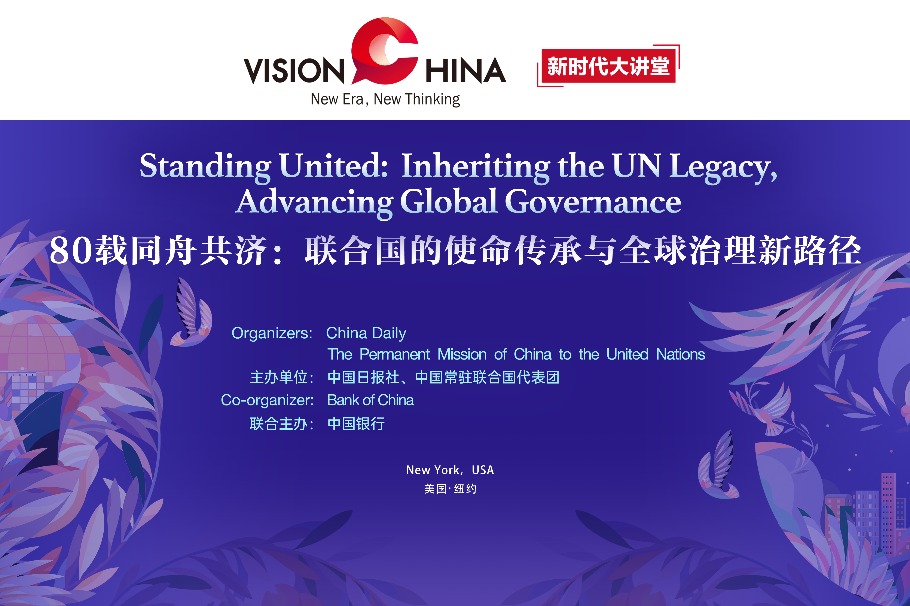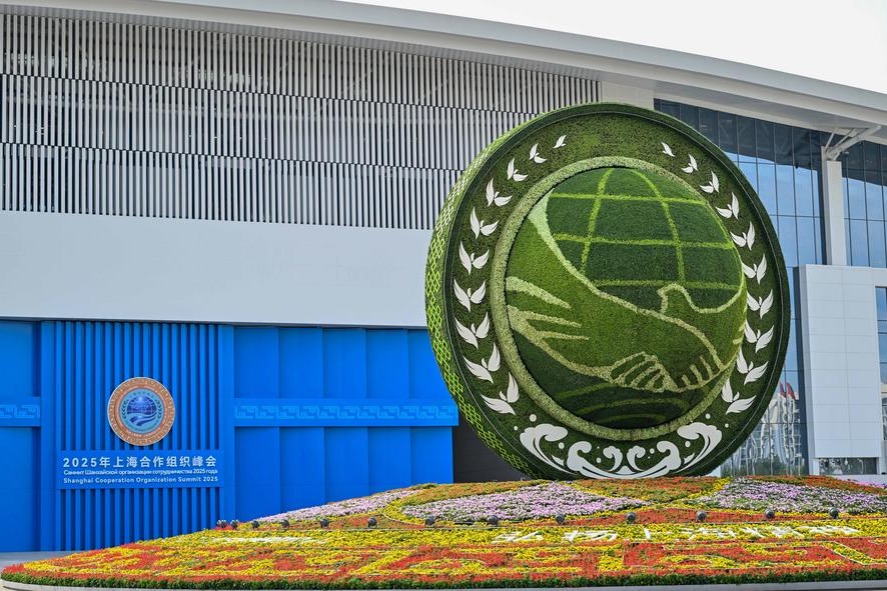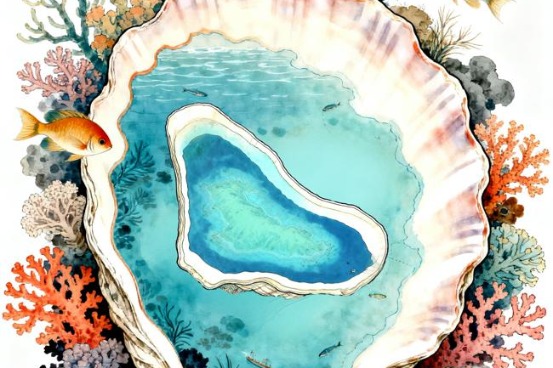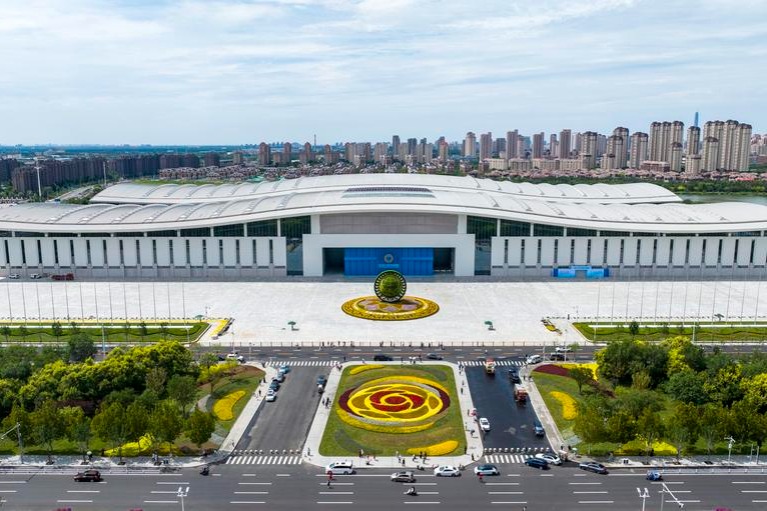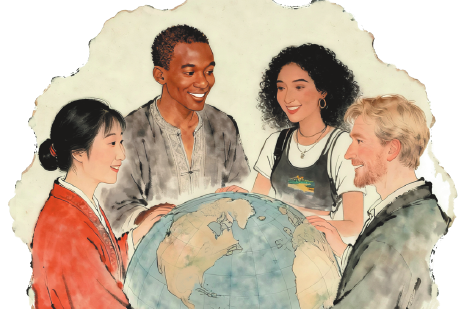Sailing together for a sustainable ocean economy

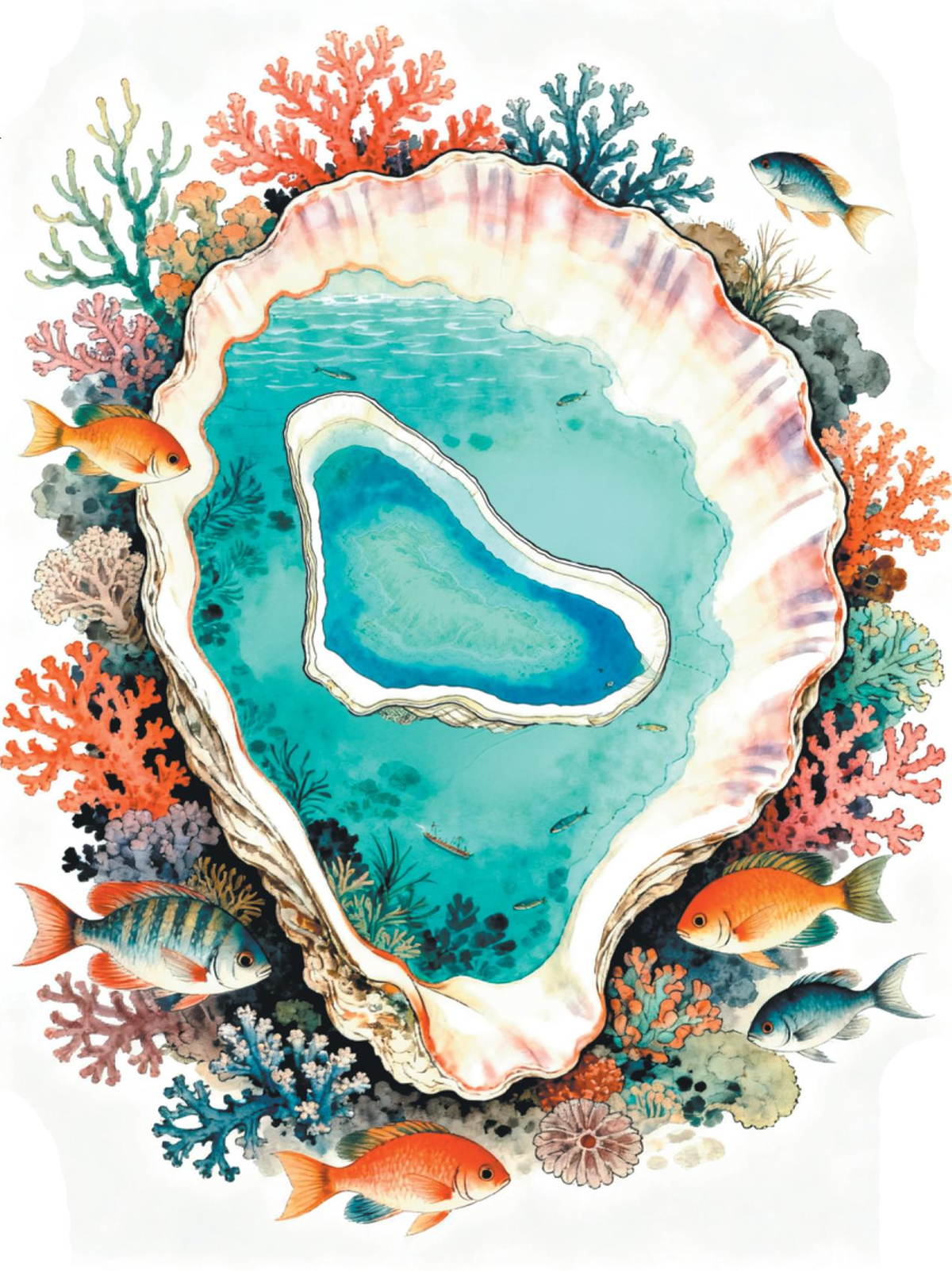
Around the world, efforts to protect critical marine ecosystems increasingly highlight the need to balance ecological preservation with economic development.
As the importance of ocean health has come to be viewed as a key factor of resilience to climate change, and for promoting global trade and ensuring food security, Indonesia, the world's largest archipelago, in partnership with China, has initiated a new era of cooperation in line with the blue economy.
The oceans, covering 71 percent of Earth's surface, are also home to 90 percent of its biodiversity. They provide more than half of Earth's oxygen, support more than 3 billion people, help transport more than 80 percent of global traded goods, and carry 98 percent of global internet traffic through submarine cables. Apart from their tremendous ecological value, the oceans are also indispensable drivers of labor, innovation and economic growth. Yet they are facing unprecedented pressure due to climate change, overuse, pollution and habitat destruction.
The OECD's report, "The Ocean Economy to 2050", provides a detailed overview of the global value and future path of this crucial sector. Within the context of an integrated global economy, the ocean economy is estimated to be the fifth-largest, contributing 3-4 percent to the world's GDP while sustaining 133 million full-time equivalent jobs.
Based on the 1995-2020 time frame, gross value addition from this sector is estimated to have doubled in nominal terms, from $1.3 trillion to $2.6 trillion. Importantly, more than three-quarters of this increase can be attributed to the Asia-Pacific alone, with 56 percent of it coming from East Asia.
Currently, the industries that most typify this sector are dual in nature: marine and coastal tourism, and offshore extraction of oil and gas, which, although creating massive economic output, employ relatively few people. Sectors like offshore renewable energy and green shipping, too, are evolving from a smaller base.
For Indonesia, such figures represent both challenges and possibilities. For its vast potential of blue economy, Jakarta has carefully sought alliances based on sustainable development. In particular, an event in November 2024, at which Indonesian Coordinating Minister of Economic Affairs Airlangga Hartarto and officials from the Chinese Ministry of Natural Resources signed a memorandum of understanding on deepening blue economy cooperation in the presence of Indonesian President Prabowo Subianto and Chinese President Xi Jinping.
Reflecting the two sides' shared goal of sustainably developing the seas and oceans, the MoU contains a vast range of strategic sectors: renewable energy sources derived from the seas, such as tidal, solar and wind energy; sustainable aquaculture and fishing; maritime destinations as a form of tourism; downstream seafood and marine biopharmaceutical processing; and ship and dock facilities and port development.
The collaboration highlights Indonesia's vision of developing a sustainable and productive blue economy by tapping into China's technological capabilities and green development goals, and is aligned with global efforts, such as the United Nations Sustainable Development Goal 14, which seeks to conserve "life below water".
The two countries are collectively better placed to address major environmental issues as well as realize their economic development goals. As a classic case of bilateral cooperation, the collaboration has the overarching vision of improving global maritime governance by simultaneously pursuing and achieving economic development and preserving the marine ecosystem. The OECD report highlights the fact that past growth patterns cannot be perpetuated ad infinitum.
The impacts of climate change are worsening, with the rise in sea levels, ocean acidity, changes in fish stocks, and increasing frequency of extreme weather events already becoming a heavy burden on people in coastal areas. The report also said that multifactor productivity has decreased in more than half of the ocean-related industries, indicating that the promise of digitalization and automation has not yet been fulfilled. Without collective efforts, the ocean economy could see a sharp slowdown and even decline in the next decades.
Indonesia's geographical location is of strategic importance. With 70 percent of its landmass being maritime areas, the economic, cultural and social future of the country is tied to the health of the oceans. Based on the OECD's expertise and the success of Indonesia's blue economy program with China, four strategic objectives come into focus.
First, there is a need to strengthen ocean governance by using science-based marine spatial planning, expanding protected marine sites, and reducing subsidies that encourage overfishing.
Second, collective efforts are required to promote technological innovation and digitalization across all ocean sectors, including smart fishing fleets, automated port logistics and offshore renewable energy facilities.
Third, the areas and capability of research in oceans have to be widened and strengthened through increased mapping of seabed, strengthening monitoring networks, and increasing access to marine data.
And fourth, the integration of developing countries into global ocean value chains should be expedited, and overarching principles of conservation and sustainable use of ocean established.
The China-Indonesia collaboration is a pragmatic way of achieving these priority goals.
The stakes in the China-Indonesia collaboration are high, but so are the rewards. The oceans are more than commercial shipping lanes and sources of seafood; they are a dynamic and thriving system supporting diverse communities, cultures and economies.
The choices the world makes in the next few years will determine whether the ocean economy of 2050 remains a driver of shared prosperity or becomes a tragic case of lost potential. As such, by choosing a path informed by scientific understanding, China and Indonesia can lead a revolution that would ensure the oceans continue to provide sustenance for human beings.
By taking decisive actions, the two countries can create a model for an inclusive and productive ocean economy, as well as strike an environmental balance. Indonesia and China, by coordinating their efforts, are best placed to make the blue economy a model of resilience and cooperation, ensuring the long-term sustainability of the oceans.
The author is a senior researcher at and director of policy formulation for research, technology, and innovation, at the National Research and Innovation Agency, the Republic of Indonesia.
The views don't necessarily represent those of China Daily.
If you have a specific expertise, or would like to share your thought about our stories, then send us your writings at opinion@chinadaily.com.cn, and comment@chinadaily.com.cn.




















